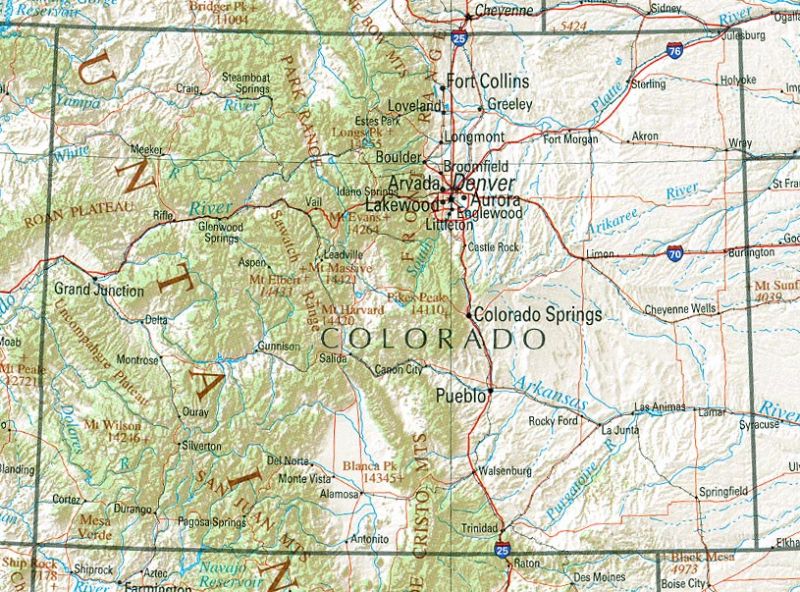 After the first day of Senate confirmation hearings for Jeff Sessions, president-elect Trump's choice to lead the US Justice Department, cannabis advocates are parsing his testimony for clues as to what the incoming administration's stance will be on whether to continue to give breathing room to state-level legalization and medical marijuana laws. The Los Angeles Times takes an ominous view, writing in a headline: "Sessions leaves door open to reviving federal war on pot."
After the first day of Senate confirmation hearings for Jeff Sessions, president-elect Trump's choice to lead the US Justice Department, cannabis advocates are parsing his testimony for clues as to what the incoming administration's stance will be on whether to continue to give breathing room to state-level legalization and medical marijuana laws. The Los Angeles Times takes an ominous view, writing in a headline: "Sessions leaves door open to reviving federal war on pot."

 Denver-based
Denver-based  The results of the Nov. 8 elections really indicate the schizophrenic nature of American political culture at this moment. Amid the
The results of the Nov. 8 elections really indicate the schizophrenic nature of American political culture at this moment. Amid the  As Canada prepares to
As Canada prepares to  "Colorado teens stubbornly refuse to smoke more weed." That's the smart-alecky headline over a chart of youth cannabis use rates that appeared in the
"Colorado teens stubbornly refuse to smoke more weed." That's the smart-alecky headline over a chart of youth cannabis use rates that appeared in the  For a second year running, the US
For a second year running, the US 





Recent comments
4 days 19 hours ago
1 week 5 days ago
1 week 5 days ago
22 weeks 5 days ago
26 weeks 6 days ago
28 weeks 4 days ago
28 weeks 4 days ago
41 weeks 30 min ago
46 weeks 4 days ago
1 year 5 weeks ago